A Young Hero in a Time of Peril
In the long and turbulent history of the Roman Republic, no figure stands out with such a blend of military genius, personal charisma, and historical significance as Publius Cornelius Scipio Africanus. Known above all for being the only Roman general to decisively defeat Hannibal Barca—the greatest adversary Rome ever faced—Scipio’s story carries the sweep of an epic.
Born into one of Rome’s most illustrious families, Scipio was still a young man when disaster nearly overwhelmed the Republic in the Second Punic War (218–201 BCE). Hannibal had crossed the Alps, inflicted catastrophic defeats at Trebia, Trasimene, and Cannae, and seemed destined to reduce Rome to ruin. Yet, through unorthodox daring, adaptive tactics, and a unique vision of war as both diplomacy and combat, Scipio turned the tide. By conquering Carthaginian strongholds in Hispania and later crushing Hannibal at the fateful Battle of Zama in 202 BCE, he secured Rome’s supremacy in the Mediterranean.
This article examines Scipio’s career in depth: his early life, his rise during Rome’s darkest hours, his legendary confrontation with Hannibal, and his legacy as both general and statesman. It also explores why his victory was so “epic”—not merely a triumph of arms, but a victory that reshaped the course of history.
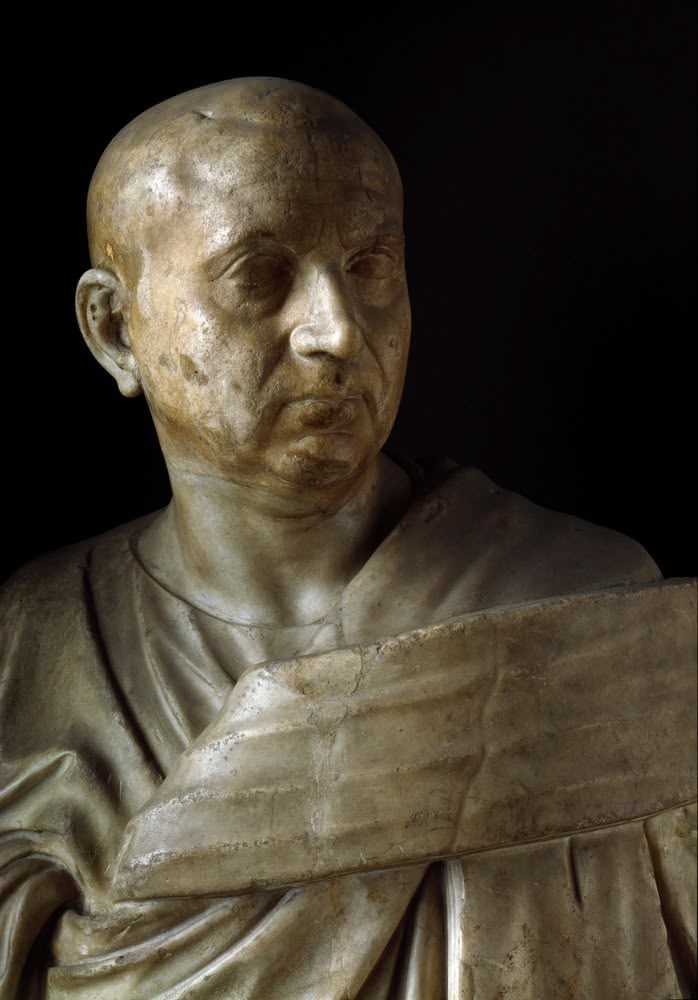
Rome in Crisis: The Second Punic War
Hannibal’s Challenge
Rome’s confrontation with Carthage had already reached one climax in the First Punic War (264–241 BCE), which ended with Rome seizing Sicily, Sardinia, and Corsica. Carthage remained powerful, however, and Hannibal, son of Hamilcar Barca, inherited both his father’s hatred of Rome and his strategic brilliance. His bold march across the Alps with elephants and armies stunned the Mediterranean.
At Trebia (218), Trasimene (217), and most famously at Cannae (216 BCE), Hannibal annihilated Roman armies. At Cannae, nearly 50,000 Romans fell in a single day—a trauma so great that many allied Italian cities defected from Rome to Carthage.
A Republic on the Brink
The Roman Senate struggled to respond. Calls for negotiation with Carthage grew, while others advocated for sheer endurance, raising yet more legions to throw against Hannibal. Amid this despair, a young nobleman distinguished himself: Publius Cornelius Scipio, who had barely come of age when the war began.
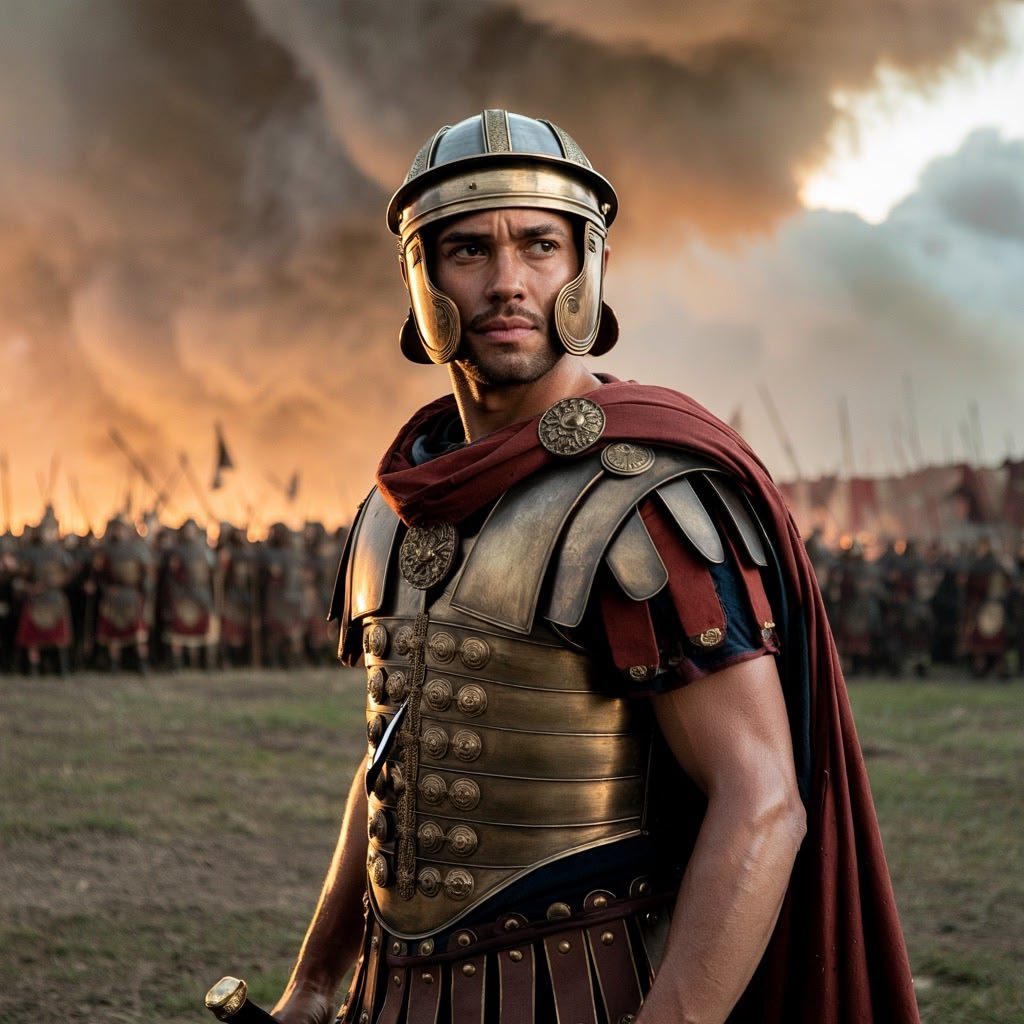
The Rise of Scipio
Family Legacy and Early Courage
Scipio was born around 236 BCE into the gens Cornelia, one of the great patrician houses of Rome. His father, Publius Cornelius Scipio, and his uncle Gnaeus Cornelius Scipio Calvus, both served as generals in Hispania during the early years of the war. The young Scipio absorbed a tradition of service, gravitas, and ambition.
According to ancient sources, Scipio first displayed remarkable courage during the battle of the Ticinus River in 218 BCE, when Hannibal’s cavalry routed the Romans. In the chaos, the younger Scipio reportedly saved his wounded father’s life, an act of filial bravery that Rome never forgot.
The Disaster in Iberia
In 211 BCE, tragedy struck the Scipio family. Both his father and uncle were killed in Spain, where they had fought against Carthage’s Iberian bases. Rome’s war effort in Iberia collapsed, and Carthage seemed poised to dominate the peninsula, potentially outflanking Italy from the west. When the Senate sought a new commander for Spain, no one volunteered—until the 25-year-old Scipio stepped forward. Despite his youth, the Senate reluctantly entrusted him with supreme command.
This was the beginning of one of the most remarkable careers in Roman military history.
Conquest of Hispania: Scipio the Innovator
The Capture of New Carthage
Scipio’s first major exploit in Hispania was the audacious capture of Carthago Nova (New Carthage) in 209 BCE, the most important Carthaginian stronghold in Spain. Instead of confronting enemy armies directly, Scipio struck at the heart of their logistics and administration.
He marched swiftly to the city, coordinated a daring amphibious assault, and bypassed formidable defenses by exploiting tidal shallows known only to local guides. The capture of New Carthage not only gave Rome a strategic harbor, but also vast supplies, military stores, hostages from Iberian tribes, and immense prestige.
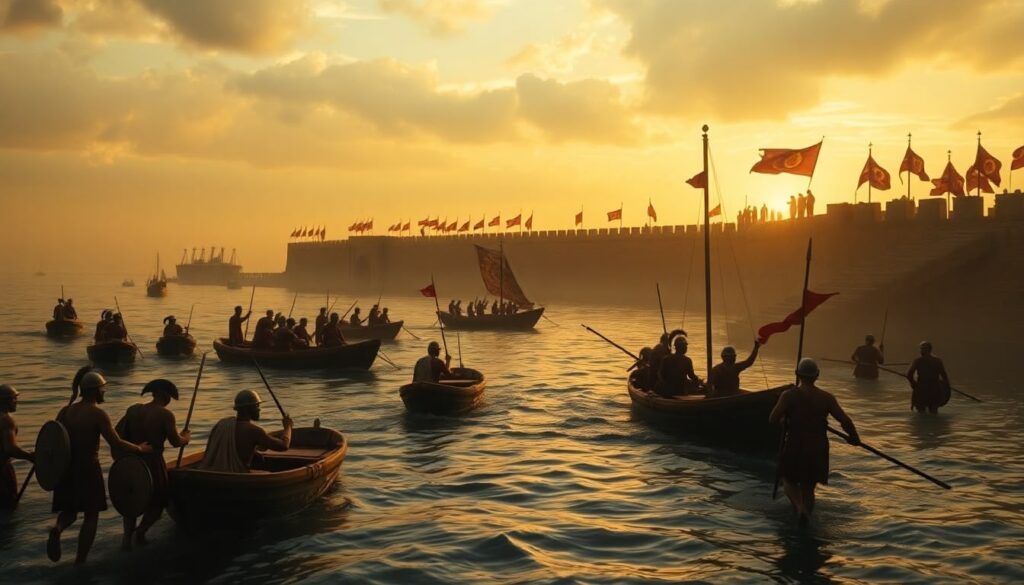
Winning Allies Through Diplomacy
Unlike many Roman generals, Scipio recognized that victory required more than force. He treated Spanish tribes with respect, released captives to win loyalty, and forged alliances through clemency rather than brutality. His humane treatment of hostages—returning noble women unharmed to their families—became legendary.
In this sense, Scipio foreshadowed the model of the “general-diplomat”: a commander who combined military skill with political negotiation, soft power, and persuasive charisma. By contrast, Hannibal in Italy failed to break Rome’s alliances permanently, despite battlefield victories, partly because he lacked similar diplomatic leverage.
Mastery of the Battlefield
Scipio also proved Hannibal’s equal in tactical flexibility. At Baecula (208 BCE) and Ilipa (206 BCE), he reorganized Roman manipular formations to outflank and envelop Carthaginian forces. At Ilipa especially, he executed a brilliant reverse deployment tactic: feinting with the center, then launching decisive attacks with his wings.
By 206 BCE, Scipio had expelled Carthage from Spain entirely. This not only secured Rome’s western flank but also cut off crucial Spanish silver mines that financed Carthaginian armies. Scipio’s reputation soared, and whispers spread in Rome that “Scipio is a man sent by the gods.”
The Road to Africa
Rome Divided, Scipio Determined
Back in Rome, Scipio’s victories made him a promising candidate to take the war directly to Carthage. However, political opposition was fierce. Conservative senators, like the aging Marcus Porcius Cato, opposed such bold strategies. They feared another disaster like Cannae if Scipio invaded Africa prematurely.
Scipio, however, argued that Hannibal could not be defeated in Italy, where he remained supplied and protected. Only by striking at Carthage’s homeland could Rome force him to withdraw. Despite opposition, the popular assemblies approved Scipio’s command—though he had to raise many of his troops through volunteers rather than Senate decree.
Preparations in Sicily
Scipio spent two years in Sicily assembling his forces. Here, he drilled his troops tirelessly, forging battle-hardened veterans into disciplined cohorts. He also made innovations in Roman military organization, standardizing training and introducing new tactical drills modeled partly on Hannibal’s own methods.
This period in Sicily also reinforced Scipio’s reputation as a visionary leader: pragmatic, patient, and unafraid to defy tradition when the survival of Rome demanded new ideas.
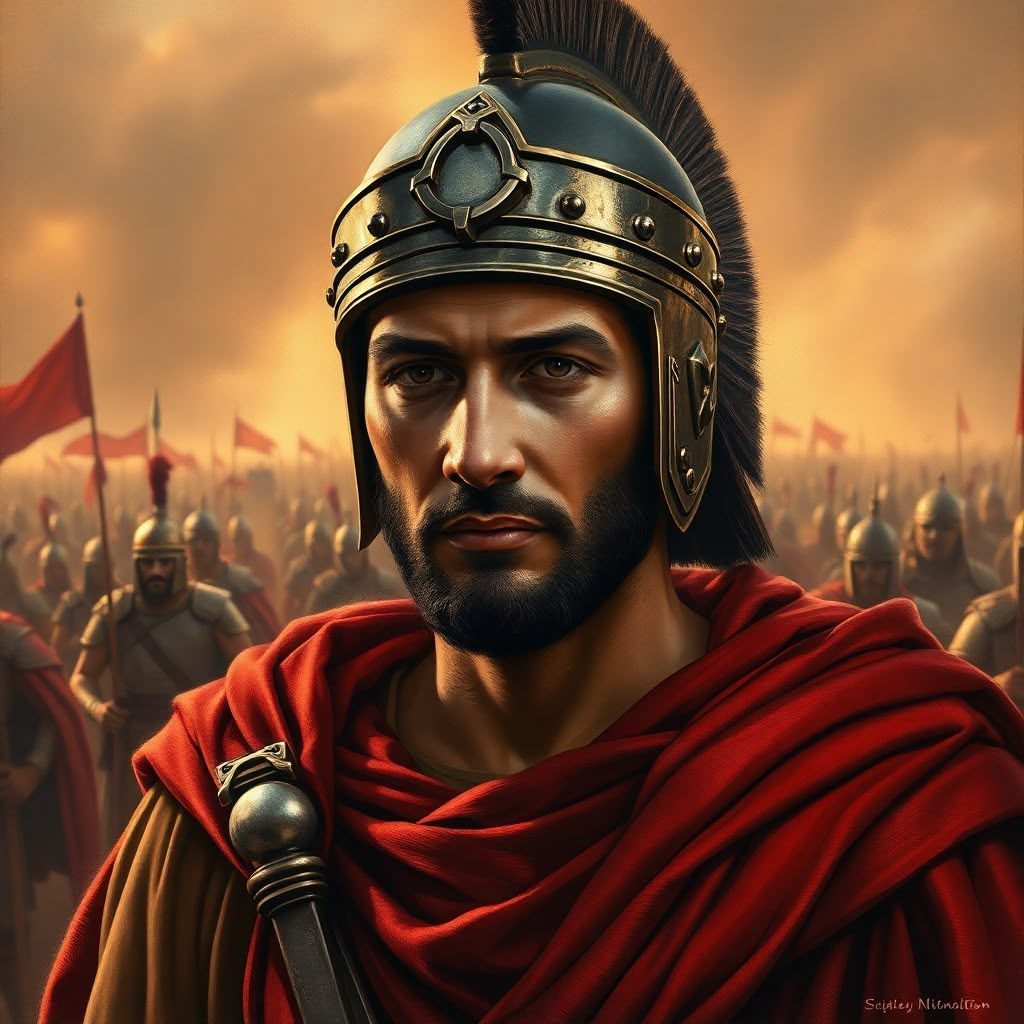
The African Campaign
Landing in Africa
In 204 BCE, Scipio crossed into North Africa with about 30,000 men. His arrival immediately rallied local kings, like King Masinissa of Numidia, to Rome’s side. Masinissa’s superbly mobile Numidian cavalry would prove decisive, counterbalancing the horsemen whom Hannibal had used to destroy so many Roman armies.
Diplomatic Maneuvers
Scipio again displayed his gift for diplomacy. He negotiated alliances, promised clemency, and presented himself as a liberator rather than conqueror. Carthage, threatened for the first time, recalled Hannibal from Italy in desperation. After sixteen years of near-invincibility on Italian soil, the Carthaginian genius now faced a final confrontation.
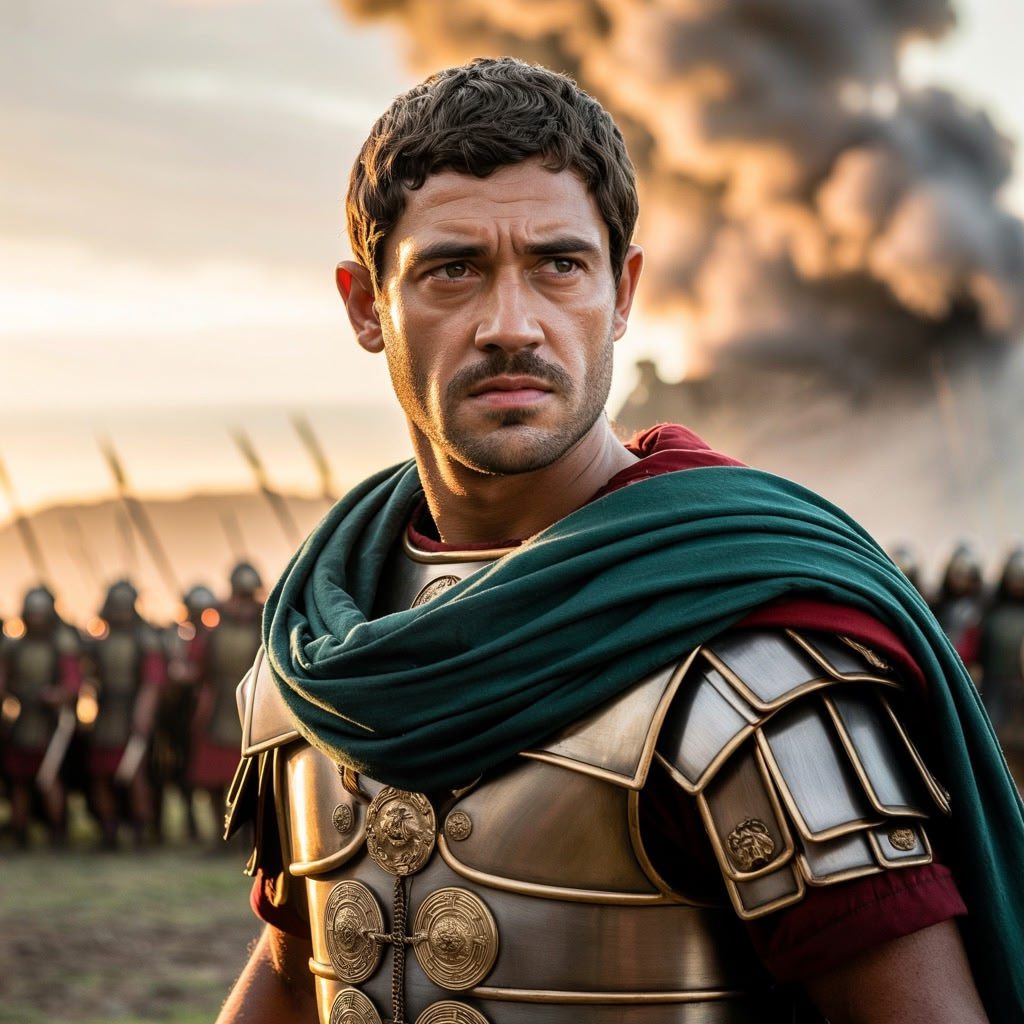
The Epic Clash: The Battle of Zama (202 BCE)
Forces Prepared
Hannibal returned to Africa with around 40,000 men, including 80 war elephants. Scipio commanded a comparable force, but with better cavalry thanks to Masinissa. The two greatest generals of their age, perhaps of antiquity itself, now prepared for a duel that would decide the fate of the Mediterranean.
Tactical Innovation
At Zama, Hannibal deployed his elephants to smash the Roman lines. Scipio, however, had prepared an unprecedented counter. Instead of letting elephants break the maniples, he ordered his troops to form corridors, opening lanes that let the beasts charge harmlessly through, where they were then driven off by skirmishers.
In the infantry clash, Scipio mirrored Hannibal’s famous tactics at Cannae, arranging his formations in staggered lines to absorb and exhaust the Carthaginian advance. When both armies locked in brutal struggle, Scipio unleashed his cavalry, which had chased away their Carthaginian counterparts, to strike Hannibal’s rear. Caught in a vice, the Carthaginian army was annihilated.
Hannibal Defeated
Zama was Hannibal’s first and only decisive defeat. Carthage sued for peace. Rome stripped it of its navy, overseas holdings, and ability to wage offensive war. The Second Punic War was over. Rome emerged not only victorious, but supreme across the western Mediterranean.
For this final triumph, Scipio received the cognomen Africanus—a mark of everlasting honor in Roman tradition.
Scipio as General-Diplomat
More Than a Soldier
Scipio embodied a new model of leadership: not just a battlefield commander but a statesman and diplomat. He grasped that enduring victory required hearts, minds, and alliances, not brute conquest. His treatment of enemies, his willingness to negotiate, and his flair for magnanimity gave him respect even among opponents.
Rivalry and Retirement
Yet Scipio’s political career after Zama was clouded by rivalries, accusations of corruption, and conservative suspicion. Figures like Cato the Elder denounced his luxurious lifestyle, contrasting it with the Republican ideals of austerity. Eventually, Scipio retired to his estate at Liternum, embittered by Rome’s ingratitude. According to some traditions, his tomb bore the epitaph: “Ungrateful country, you shall not possess even my body.”
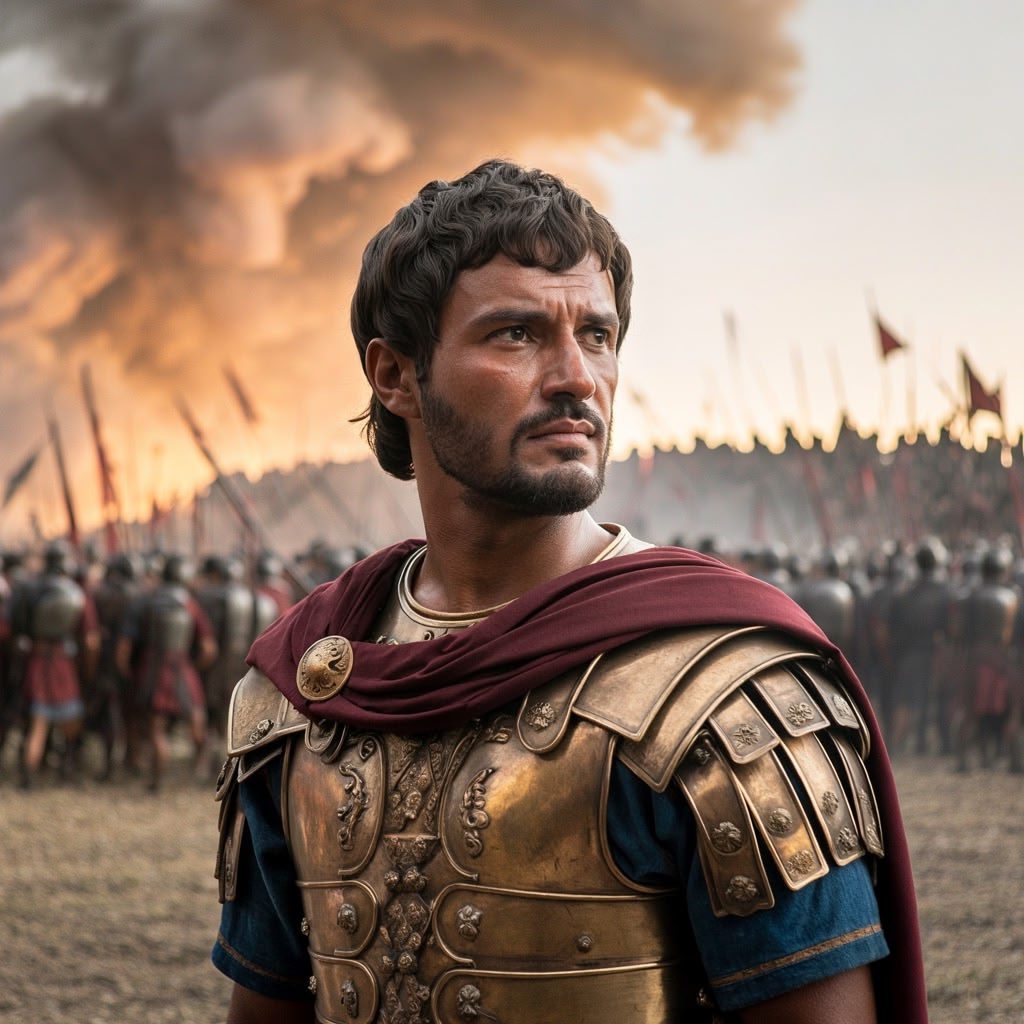
Legacy of Scipio Africanus
Military Genius
Scipio was the only general to defeat Hannibal in open battle. His innovations in flexibility, formation, and use of cavalry influenced Roman tactics for centuries. He was a master of adaptation, taking inspiration from Hannibal himself and turning the Carthaginian’s brilliance against him.
Rome Ascendant
By winning the Second Punic War, Scipio ensured Rome’s survival and eventual dominance of the Mediterranean world. Without him, the Republic might have collapsed, altering the course of Western history.
The General as Statesman
Scipio also left a legacy of leadership that blended military skill with diplomacy. His clemency, charisma, and moral authority set him apart from more ruthless Roman commanders. In this, he foreshadowed figures like Julius Caesar, who likewise combined sword and word into a single path to power.
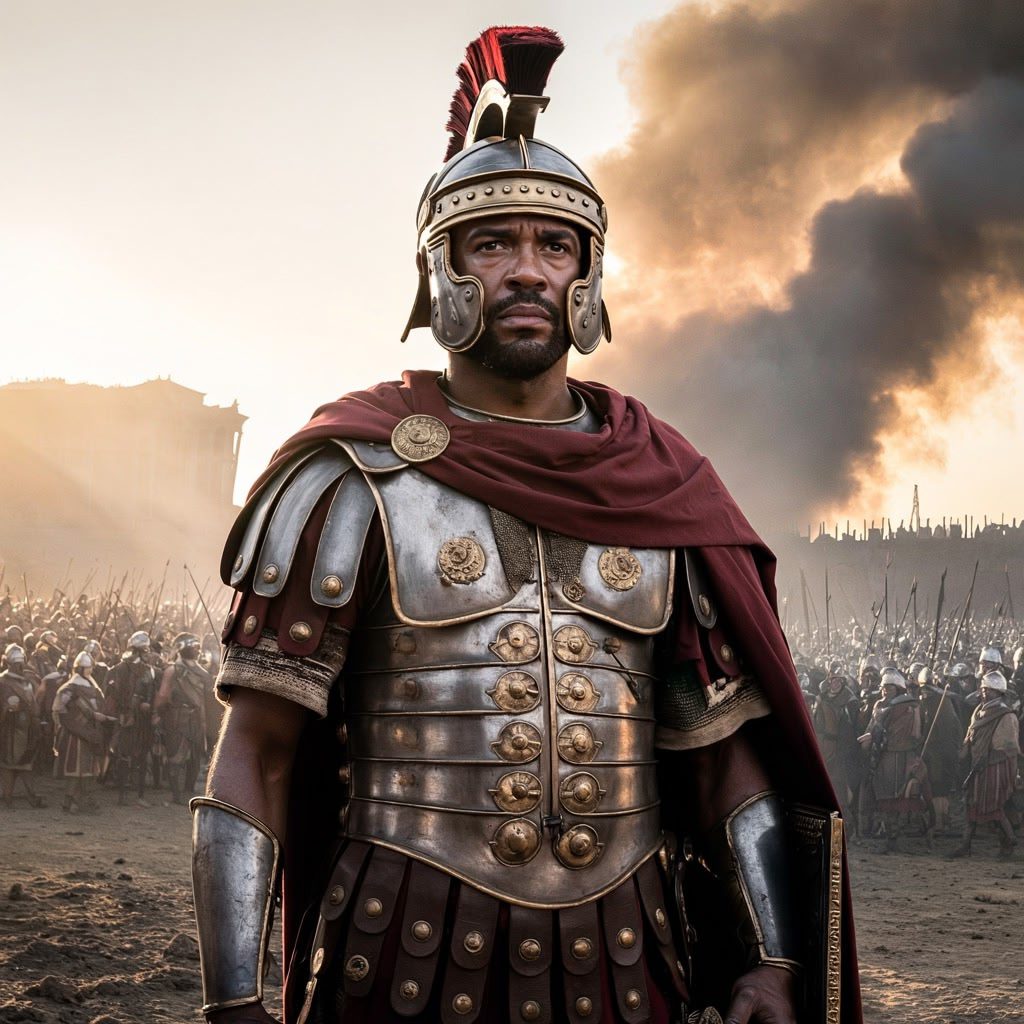
Conclusion: The Epic of Scipio Africanus
Scipio Africanus stands as one of antiquity’s most remarkable figures: the young commander who met Hannibal, learned from him, and ultimately defeated him. His career spanned desperate beginnings, brilliant triumphs in Spain, and the climactic encounter at Zama. As a general who mastered both war and diplomacy, his achievements secured Rome’s place as a superpower for the centuries to come.
More than just a Roman hero, Scipio embodies the timeless ideal of leadership that unites tactical brilliance with political vision. His story is epic because he not only saved Rome from its greatest peril but also reshaped the destiny of the ancient world.

